Is Your Cat Panting? Here's What It Might Mean
04.04.2022.
Sometimes, our cats can exhibit behaviors that can confuse us. For example, the jury is still out on the exact reasons cats knead. However, some behaviors can easily worry us. One of those behaviors is panting. If your cat seems odd and panting, one of the first things most cat owners ask themselves is, “Why is my cat panting?” There are many possible reasons your cat might be panting, and here are the most common ones.
What does panting in cats mean?
Panting in cats is somewhat common, but it can also mean the cat is experiencing a severe health issue that necessitates prompt veterinary attention. Consider the following criteria if you notice your cat's breathing becoming more troubled.
Severe or prolonged breathing problems should be addressed by taking your cat to the veterinarian.
RELATED: How Long Can a Cat Go Without Eating? When To Visit Your Vet?
What does normal cat panting look like?
A cat panting may be normal in some situations. When you first noticed your cat panting, how was your cat acting, or what was it doing at the time?
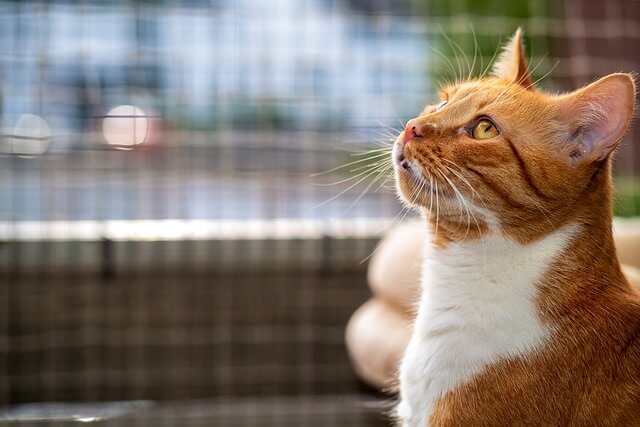
Cats, like dogs, could pant if they are worried or under a lot of stress. The most common reason cats pant is because they are overheated. Another possible explanation is a grueling workout. This type of labored breathing should stop as soon as the cat rests and lowers its body temperature.
It's not uncommon for cats to pant, but panting is more commonly noticed in dogs than it is in cats. It's best to take your cat to the vet if you can't figure out why they’re panting.
Panting symptoms in cats
Cat owners should know how to react if something out of the ordinary is happening to their cats. That means they have to be aware of some of the more worrying signs of panting and heavy breathing:
- Coughing
- Dietary changes (appetite loss)
- Hiding
- Lethargy
- Gums with a blue or purple hue
- Unusual breathing (fast, loud, or shallow)
- Head or neck extending and moving the elbows away from the body while crouching or standing
RELATED: Hyperthyroidism in Cats: Causes, Symptoms & Treatment
What does abnormal panting mean?
Heavy or labored breathing in a cat may signify a severe medical condition. You have to check your cat’s activity and temperature and look for signs of exhaustion, stress, or excessive heat, which might be benign reasons for panting. If your cat didn’t exercise or isn’t too hot or stressed, their panting necessitates immediate veterinary attention. Vets can shorten your cat’s recovery time or even save their life if you notice these signs and act quickly enough.
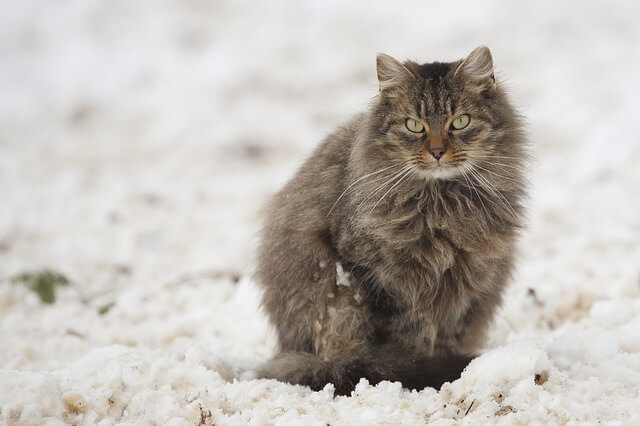
Infection of the respiratory system
These infections are typically viral and can cause cats to struggle to breathe, resulting in a heavy snore. If your cat develops a secondary bacterial infection, antibiotics may be necessary for a successful treatment. As your cat recovers from illness, humidifiers can help loosen their mucus and ease breathing through their nose.
Asthma
Coughing, wheezing, and panting are all symptoms of feline asthma. Fast breathing is one of the possible results of this condition. The treatment of feline asthma with bronchodilators or corticosteroids is standard.
RELATED: Most Common Internal Parasites in Cats
Congestive heart failure
Cats can experience coughing, rapid breathing, and panting due to fluid accumulation in their lungs. The condition can be treated by having the fluid drained. Vets often prescribe medications that help reduce swelling, dilate blood vessels, and increase the heart's contracting strength.
Heartworm
Feline heartworm is a common cause of respiratory problems. It's critical to de-heartworm your can every month because heartworm disease can be (and often is) fatal. Corticosteroids may be used as a form of supportive care in treating the disease. Oxygen therapy is a common way to treat more severe cases.
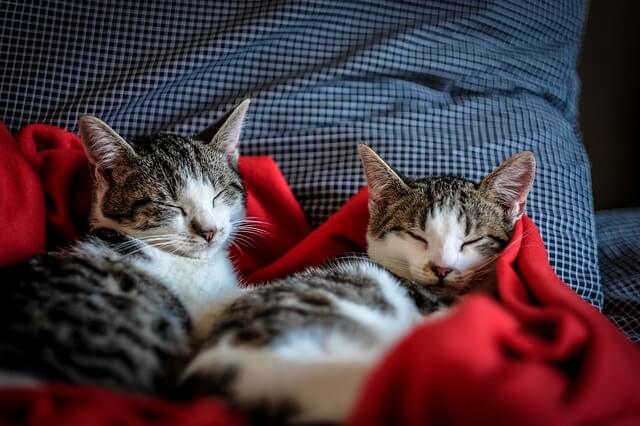
Additional reasons
Cats that are in pain, have neurologic disorders or enlarged abdomens, suffer severe trauma, or develop anemia may pant excessively.
What should I do if my cat’s panting?
If your cat experiences difficulty breathing or is panting heavily, you should not risk it and take them to the vet as soon as possible. You'll want to keep the cat as calm as possible while driving to the clinic. To avoid compromising your cat's airway while transporting them to the vet, use a box or cat-safe carrier.
How do vets diagnose the reason for cat panting?
If your cat is having trouble breathing, the vet will most likely put them on oxygen and keep a close eye on them until the cat is completely calm. Most vets will conduct a complete physical examination. They will pay special attention to the sound of the cat’s lungs and heart. In most cases, the vet will order chest x-rays to see if they can uncover anything.
RELATED: How Often Should I Take My Cat to the Vet?
How is panting treated?
To treat fluid buildup, your veterinarian will use a fine needle to drain the fluid. After that, they will want to prevent it from building up again in the future. Most cats are pretty tolerable to the needle. However, preventing a reoccurring buildup might be difficult depending on the root cause of your cat's breathing difficulties.
If your vet treats your cat correctly, they should be well enough to eat and drink on their own within a reasonable time frame. This may necessitate a few days in the hospital for intravenous fluid and medication administration. However, in some cases, oxygen therapy might be required for an extended period, and the most complicated issues might require constant oxygen therapy.
World Cat Finder Team

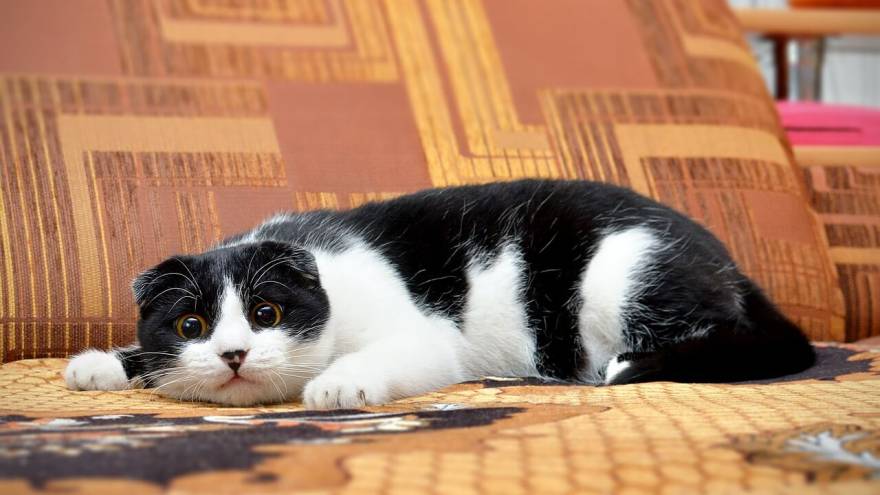
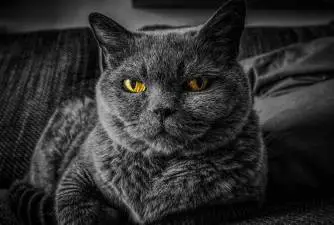
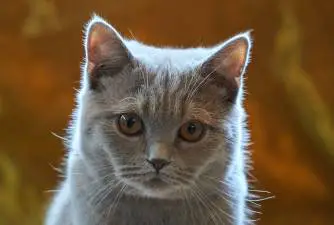



Share